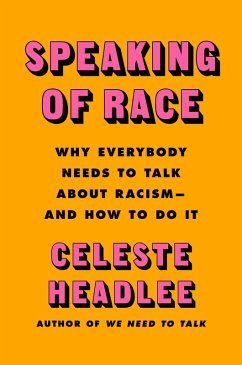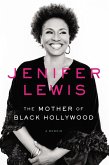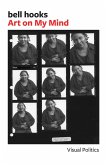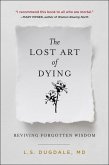In this urgently needed guide, the PBS host, award-winning journalist, and author of We Need to Talk teaches us how to have productive conversations about race, offering insights, advice, and support.
A self-described light-skinned Black Jew, Celeste Headlee has been forced to speak about raceincluding having to defend or define her ownsince childhood. In her career as a journalist for public media, she's made it a priority to talk about race proactively. She's discovered, however, that those exchanges have rarely been productive. While many people say they want to talk about race, the reality is, they want to talk about race with people who agree with them. The subject makes us uncomfortable; it's often not considered polite or appropriate. To avoid these painful discussions, we stay in our bubbles, reinforcing our own sense of righteousness as well as our division.
Yet we gain nothing by not engaging with those we disagree with; empathy does not develop in a vacuum and racism won't just fade away. If we are to effect meaningful change as a society, Headlee argues, we have to be able to talk about what that change looks like without fear of losing friends and jobs, or being ostracized. In Speaking of Race, Headlee draws from her experiences as a journalist, and the latest research on bias, communication, and neuroscience to provide practical advice and insight for talking about race that will facilitate better conversations that can actually bring us closer together.
This is the book for people who have tried to debate and educate and argue and got nowhere; it is the book for those who have stopped talking to a neighbor or dread Thanksgiving dinner. It is an essential and timely book for all of us.
Dieser Download kann aus rechtlichen Gründen nur mit Rechnungsadresse in A, B, BG, CY, CZ, D, DK, EW, E, FIN, F, GR, HR, H, I, LT, L, LR, M, NL, PL, P, R, S, SLO, SK ausgeliefert werden.









